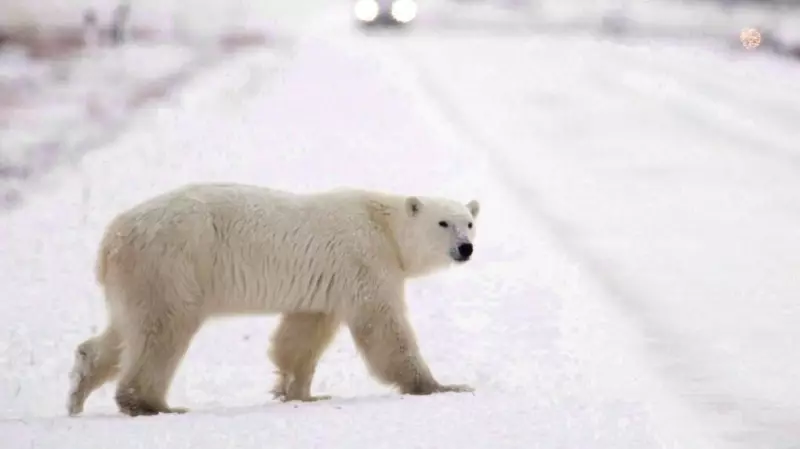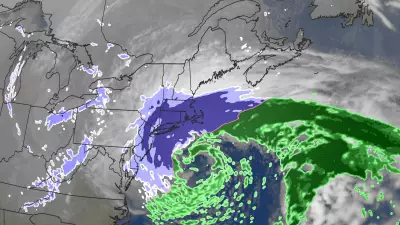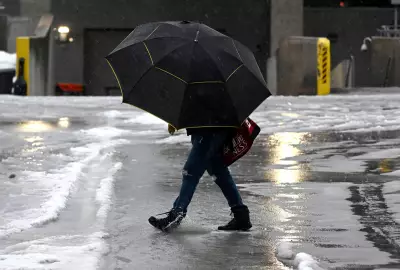
As Canada's Arctic experiences unprecedented warming, conservationists are sounding the alarm during Polar Bear Week about the escalating threats facing these majestic predators. The annual awareness campaign, running from October 27 to November 2, arrives amid growing concerns about the rapid environmental changes transforming the polar bears' fragile habitat.
The Vanishing Sea Ice Crisis
The primary threat to polar bear survival remains the dramatic loss of sea ice, their essential hunting platform. Research reveals that Western Hudson Bay's polar bear population has declined by approximately 27% during the past five years alone. Scientists project that if current warming trends continue, this iconic population could face extinction within decades.
"The sea ice season is becoming shorter and shorter," explains Alysa McCall, director of conservation outreach at Polar Bears International. "Polar bears rely on sea ice to hunt their primary prey—seals. Without adequate ice coverage, they're forced to spend more time on land, fasting and losing critical body fat needed for survival."
Churchill, Manitoba: Ground Zero for Climate Impact
The town of Churchill, Manitoba—often called the "Polar Bear Capital of the World"—has become a living laboratory for observing climate change's direct impacts. Each autumn, as bears gather along the coast waiting for sea ice to form, researchers document their deteriorating body condition and changing behavior patterns.
Local conservation officers report increasing human-bear conflicts as hungry animals venture closer to communities in search of food. The situation has prompted enhanced safety measures and educational programs to protect both residents and bears.
Conservation Efforts and Public Action
Polar Bear Week serves as a crucial platform for raising awareness and mobilizing conservation action. Organizations like Polar Bears International are advocating for:
- Reduced greenhouse gas emissions to slow Arctic warming
- Protected critical habitat areas for denning and feeding
- Enhanced monitoring and research programs
- Community-based conservation initiatives
"Every individual action matters," McCall emphasizes. "From reducing our carbon footprint to supporting conservation policies, we all have a role to play in ensuring these magnificent animals have a future in our warming world."
As the Arctic continues to warm at nearly four times the global average rate, the fate of Canada's polar bears serves as a powerful indicator of the broader ecological changes affecting our planet. Their survival depends not only on conservation efforts but on global commitment to addressing the root causes of climate change.






